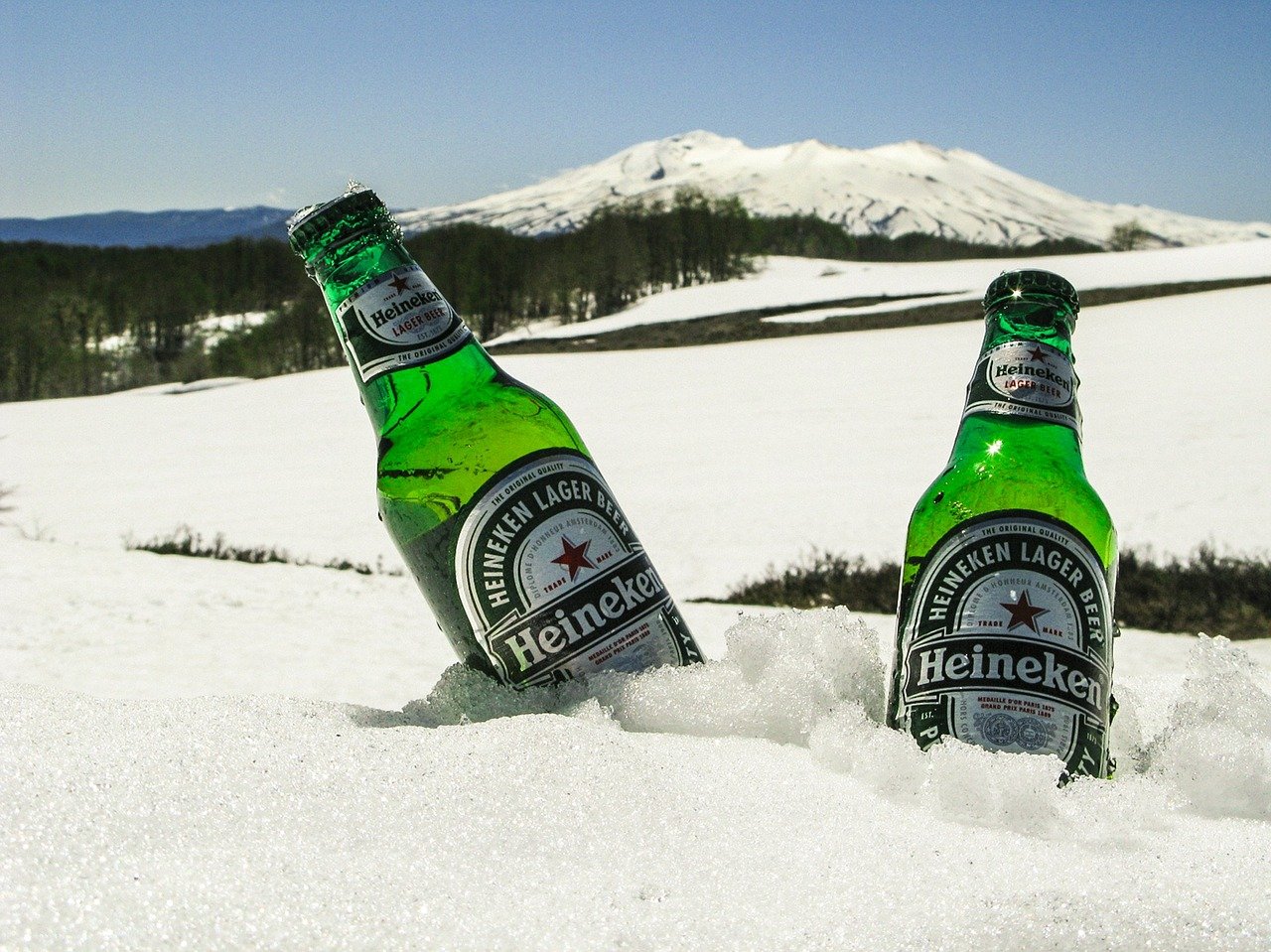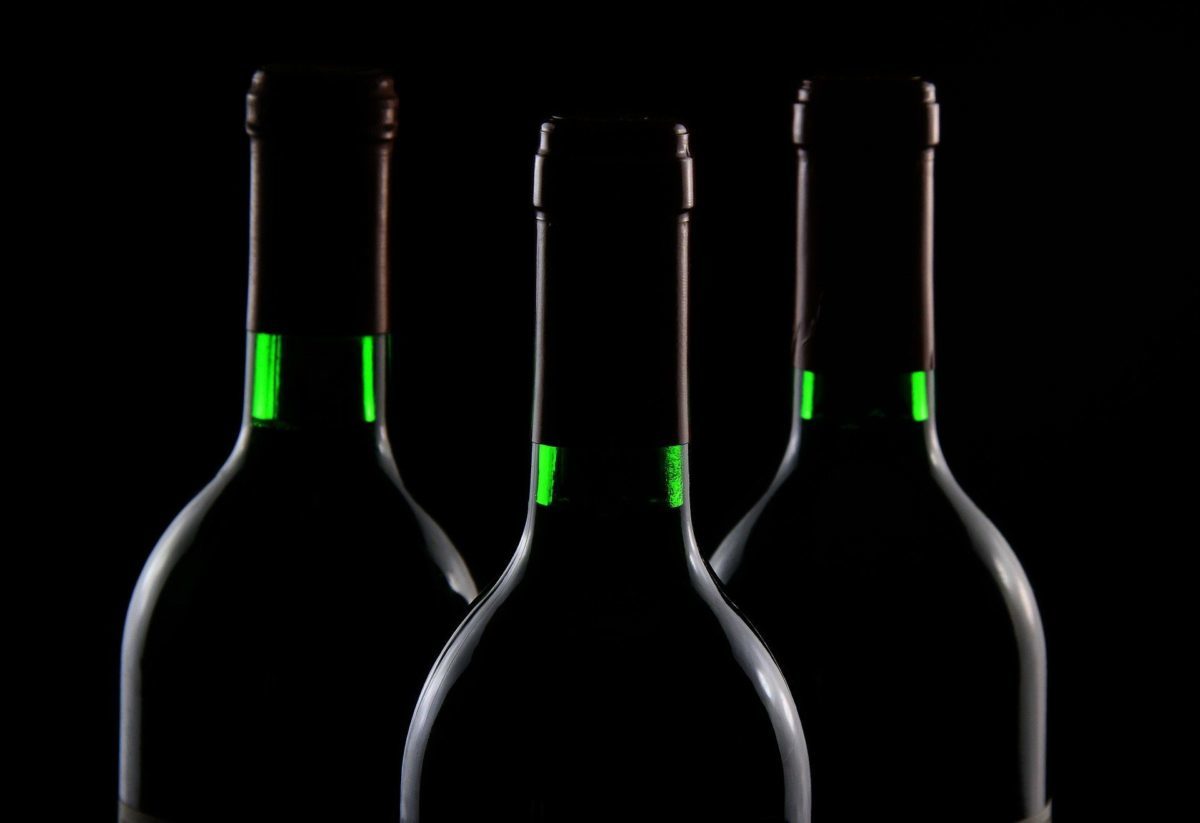The relationship between Heineken and tequila has never been so friendly. A mutual agreement has resolved the controversy over the mention of the Mexican drink on the packaging of Desperados. Do you know why this is an isolated case? What is the degree of legal protection enjoyed by the distillate of the agave? Let's see in this article how a multinational angers a regulatory council and both end up benefiting.
Improves the relationship between Heineken and tequila
El Tequila Regulatory Council (CRT) in Mexico announced on Tuesday the end of a fierce dispute. From this moment is when Heineken may use the word "tequila" on the packaging of Desperados without any legal problem. In this way, years of legal claims are put to an end. The end of the conflict comes from an agreement settled amicably between the two parties. But why is the name "tequila" so exclusive?
To understand the relationship between Heineken and tequila, we must bear in mind that this is not just any spirit. The drink is protected from 1997 in the European Union. This is due to the signature between both parties of the Agreement between Mexico and the EU, on Mutual Recognition and the protection of Appellations of Origin of the spirits sector. For the CRT, tequila is only made with a specific silver.

This is the agave tequilana weber blue variety cultivated within the territory of declaration of the same. It was also recognized in 2019 as a Geographical Indication. It became the first Mexican product to access the maximum protection that a gastronomic product can receive in the EU. It also has the registration as a Collective Trademark «Tequila» registered with the European Union Intellectual Property Office EUIPO (2008) and specific protection in Customs (2013)
A paradigm shift
However, after arduous negotiations parallel to judicial processes, the CRT has decided to soften its demands. It should be noted that the clauses of the agreement between both parties are confidential. What they have made clear is that it will benefit both the tequila sector and Heineken. The CRT is aware of the strength of its adversary and the success of its Desperados. You have probably realized that this beer is a good way to spark curiosity about tequila in Europeans.
The climate of central Europe is not conducive to the cultivation of agave. That is why the drinks consumed in those places are very different. Thus, the brands of this drink must know how to function in an environment so different from their native Mexico. It is a market that must be controlled carefully, as it involves its second largest importer. Every year, twenty million liters of this spirit reach the European Union. They do it through more than fifty different tequila brands.
This attitude is very different from that shown previously. The argument used by the defenders of tequila remained unchanged. They accused the brewery of using the word "tequila" lightly. Basically, "adulterating the quintessential Mexican drink to make it an essence in their Desperados beer." This is because tequila is just an aroma in the beer, which made the regulatory council feel bad. They asked the courts to require the brewery to increase to a 25% la tequila ratio or delete your mention In the label.

Legal status of tequila in the world
The complex relationship between Heineken and tequila is an isolated case. Not many more are known, due to the protection that this drink enjoys. We talk about what they are 55 countries that provide you with legal protection. So the 97% of exports They go to places with official protection. As we can see, a new stage for tequila begins. Will the council give its arm to twist before other companies that begin to carry out similar practices? If we find out about something we will discuss it in a future article.






